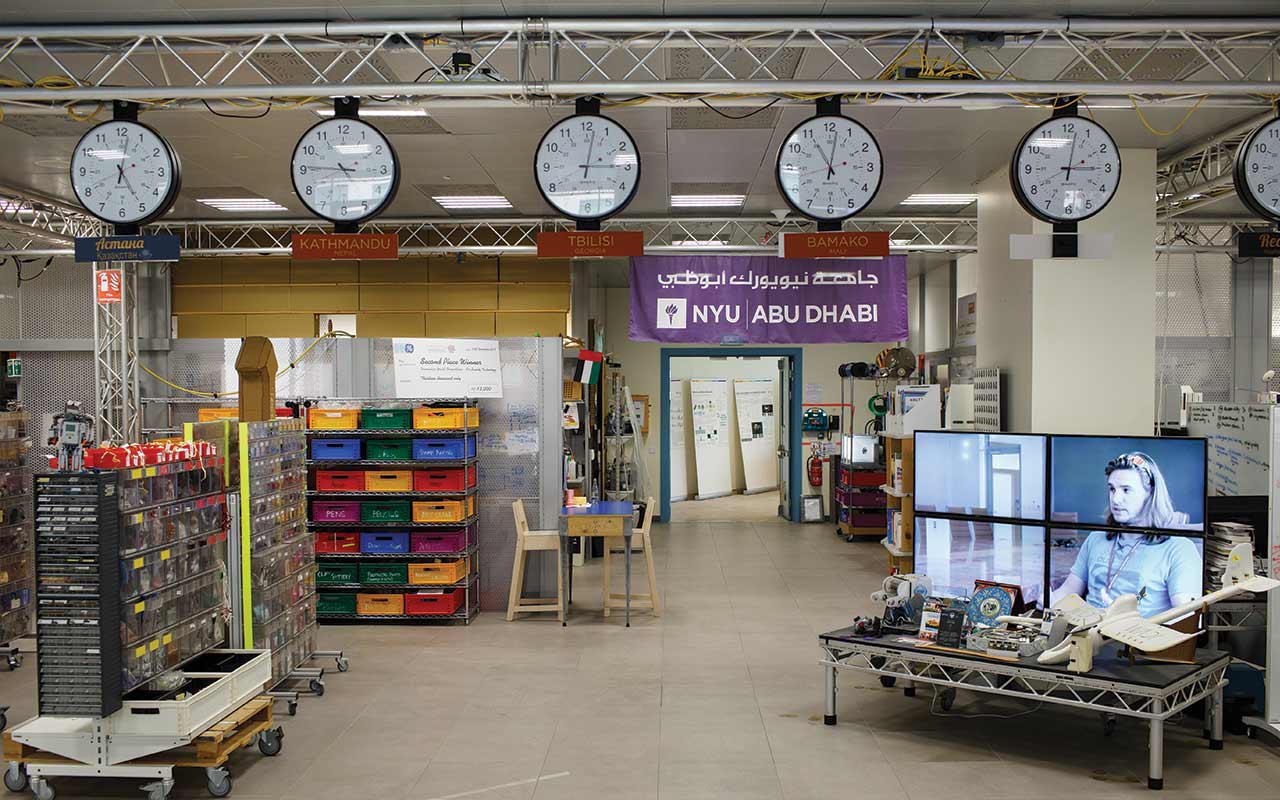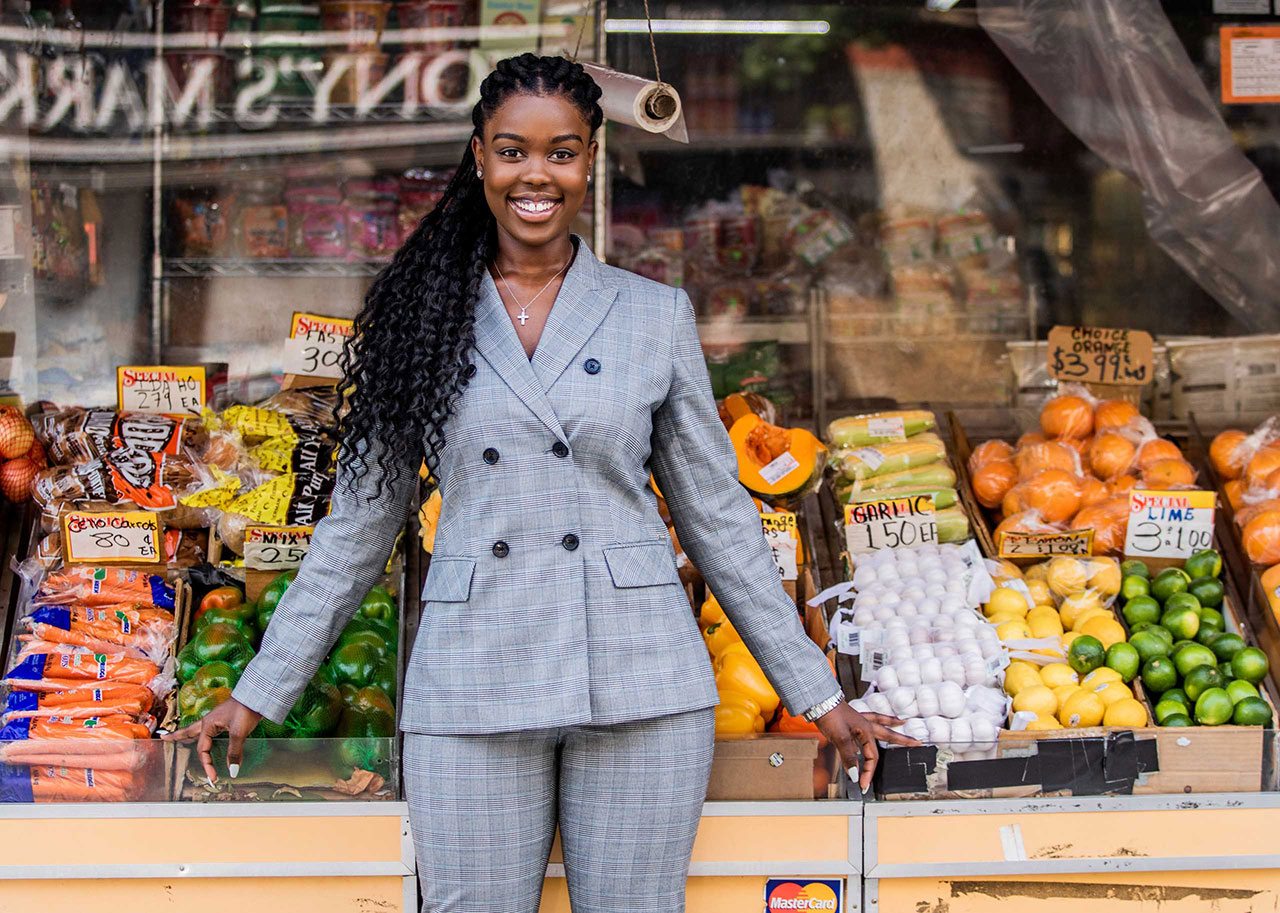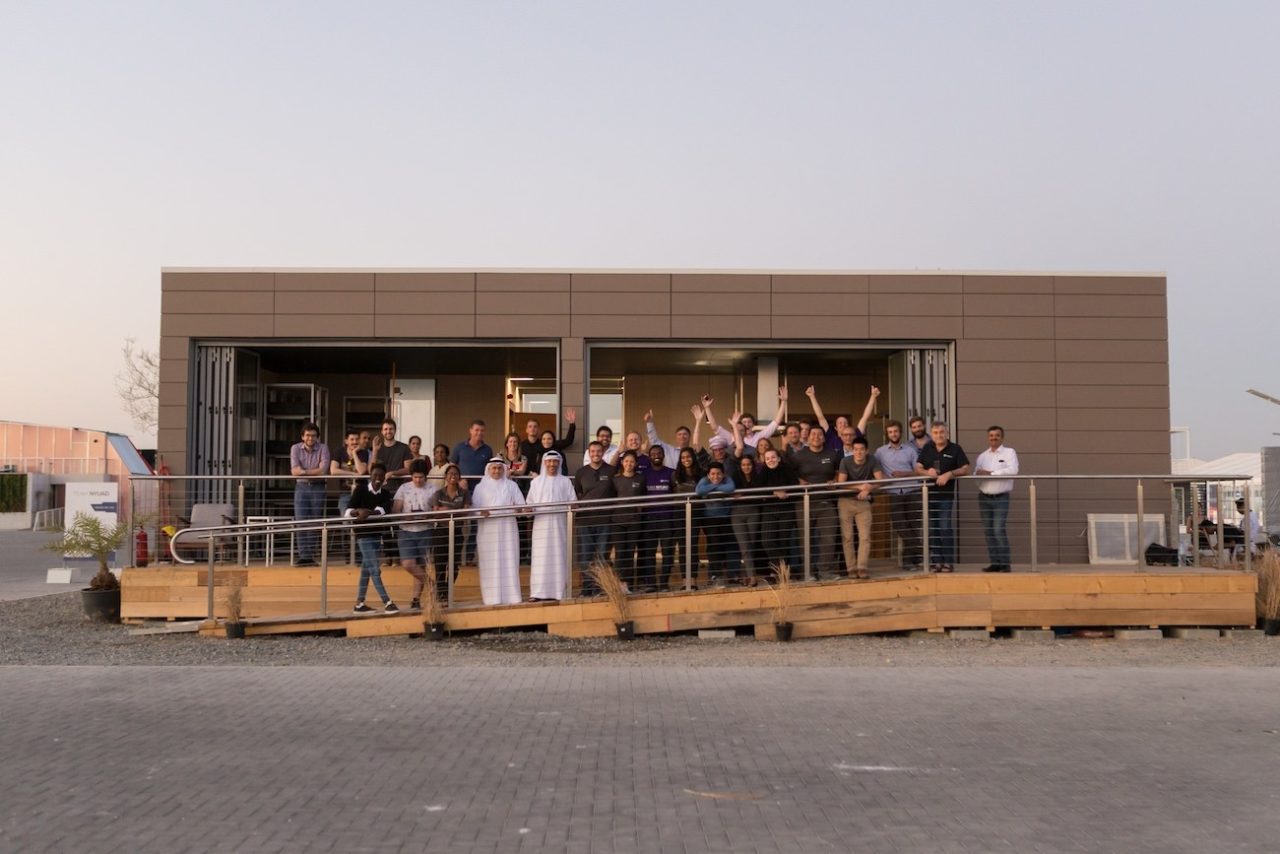Published January 31, 2020
Engineers for Social Impact Learn to Listen First, Then Act
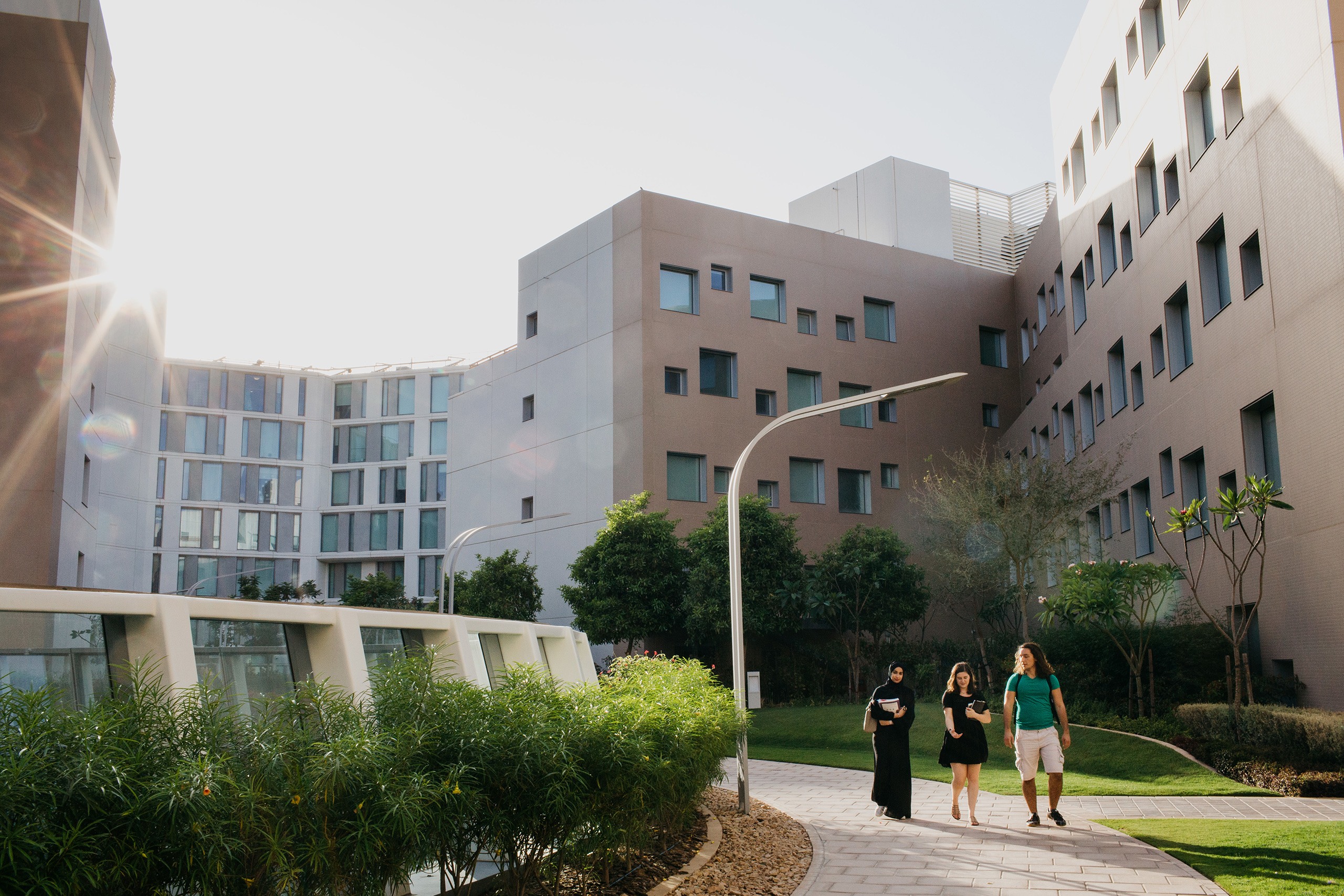
One of the main pillars of NYU’s philosophy is community engagement. That’s why NYU students have an extraordinary array of hands-on learning opportunities that encourage them to engage with the world and connect their classroom learning to their lived experiences. And at NYU Abu Dhabi, you can see this philosophy in action in Engineers for Social Impact (EFSI), which brings students into communities to partner with them in innovative ways.
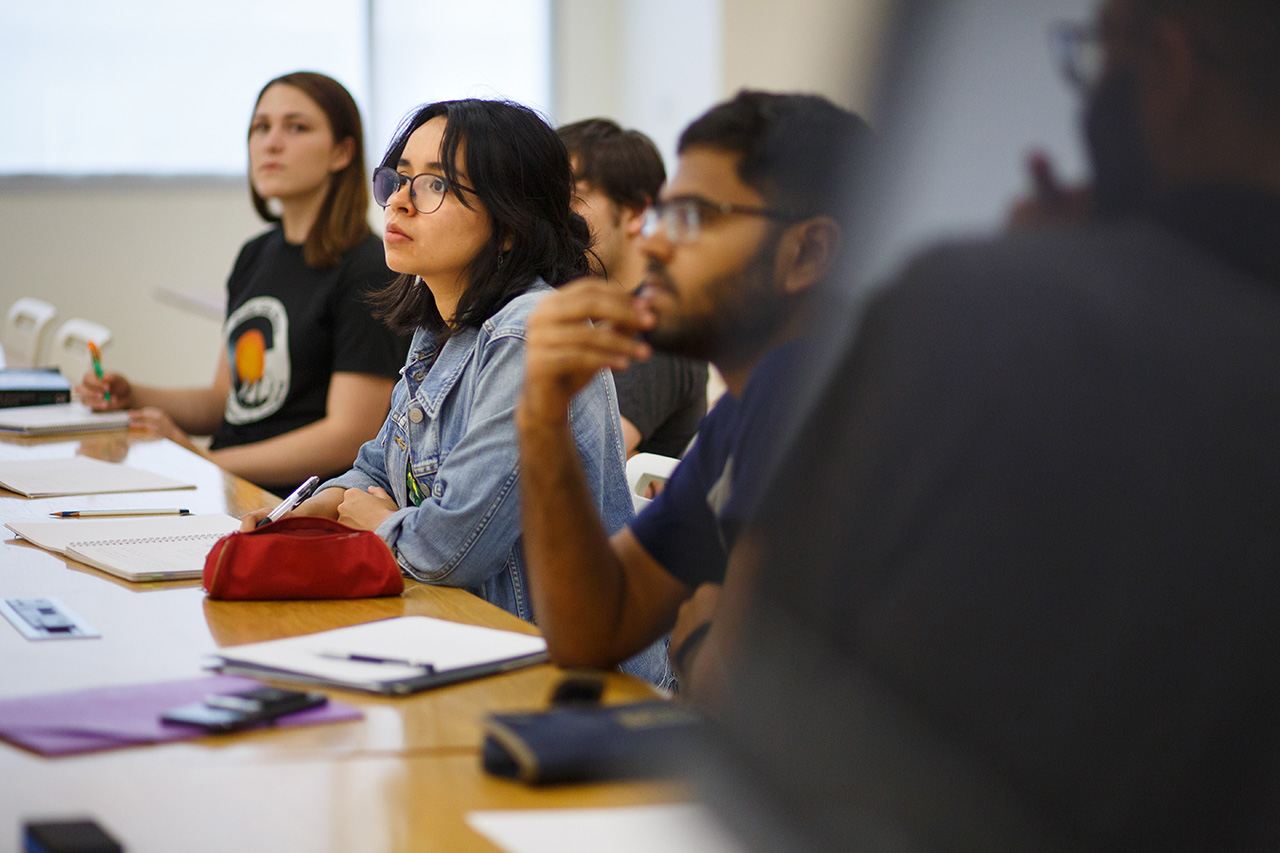
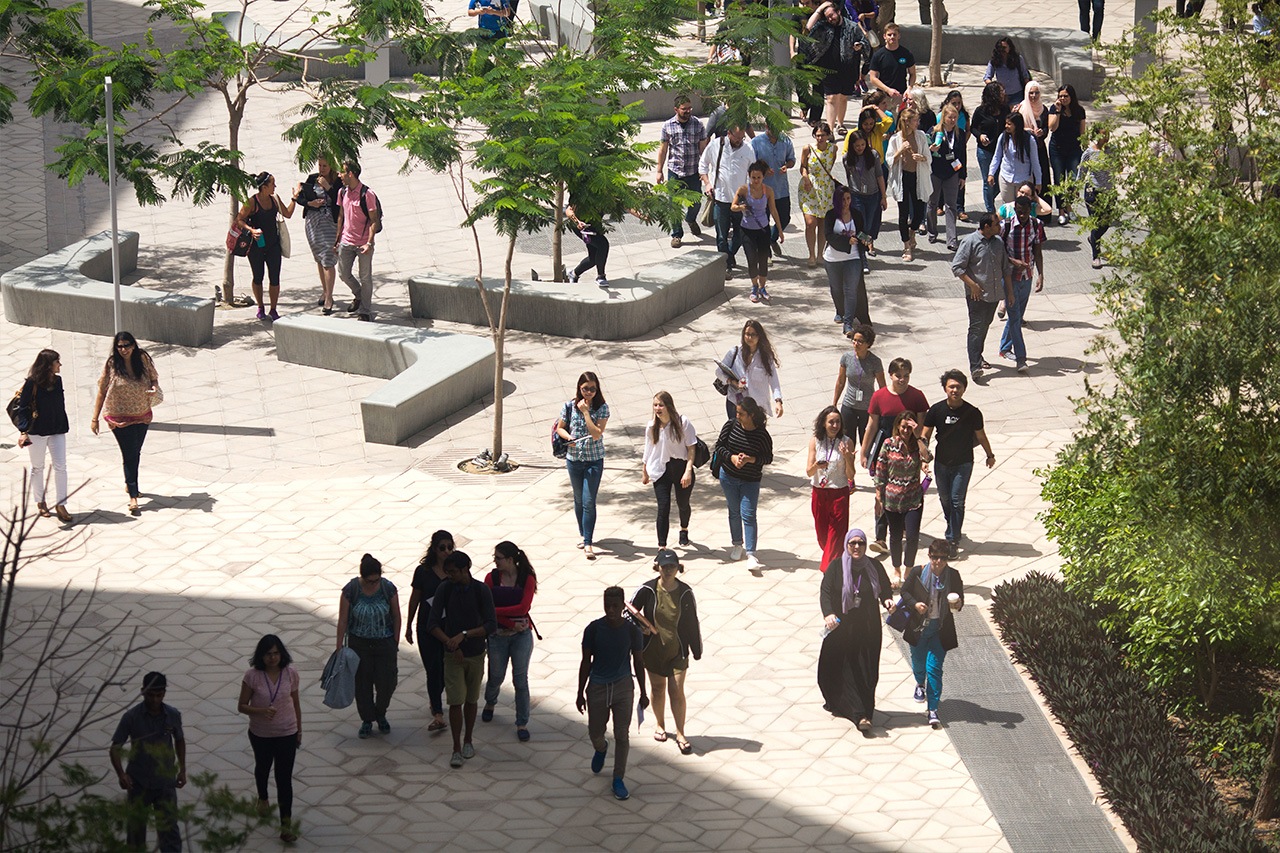
It Starts with Ethics
NYU Abu Dhabi lecturer Matthew Karau leads the Engineers for Social Impact program. To be eligible, students first take Engineering Ethics. In this course, they focus not only on ethics in the classroom but also ethnographic fieldwork off campus. In their work they take into account the social, cultural, and economic aspects of the issues they study. “When first-year students go into a community, we teach them to take a very broad perspective of the circumstances there,” Karau says. “We don’t attempt to ‘fix’ problems or challenges we discover. Instead, we work side by side with the community members on a preplanned project. We offer our labor and our blood, sweat, and tears. And through engaging with the unfamiliar, students get a new perspective on what impact their activities might have on a community—both positive and negative.”
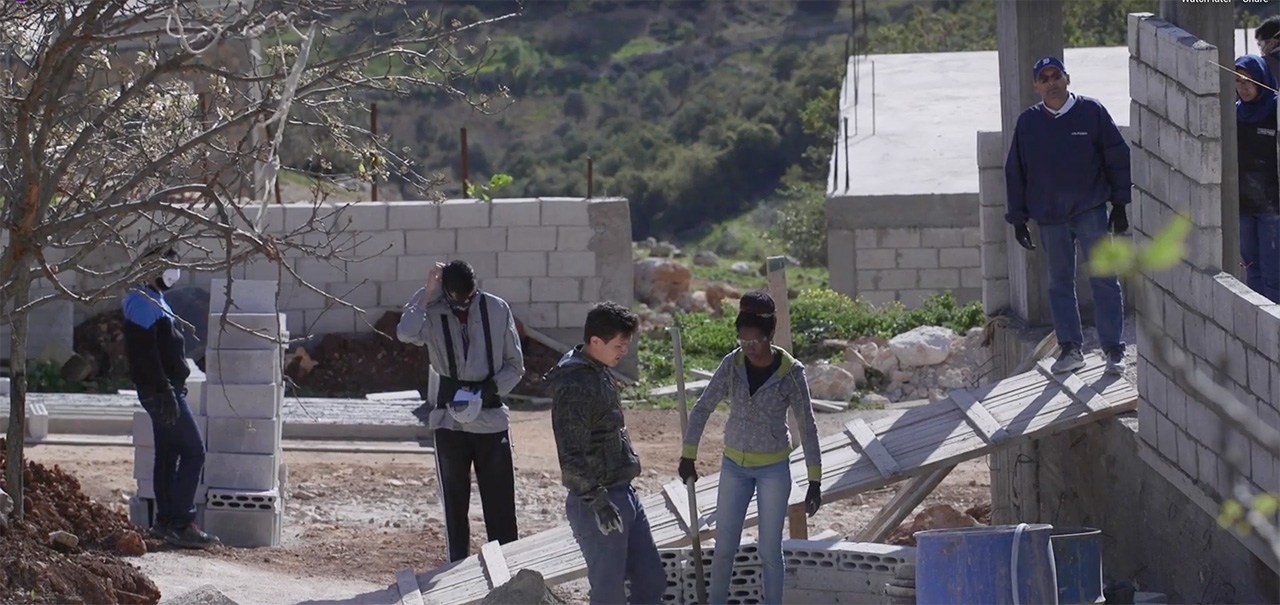
Partnering for Sustainable Progress
Then, in their second year, engineering students at NYU Abu Dhabi may enroll in Engineers for Social Impact. In past years they’ve focused on rural agricultural communities in Ethiopia, where the economy is based on subsistence farming. “A lot of what we did when we got there,” says Karau, “was work with the community and think about ways we could make them more resilient in the face of chronic water shortages.”
Now, EFSI students typically go to Mumbai, India, where they partner with a group called Urbz. “Urbz works with communities on the periphery that are oftentimes not recognized in some way. In Mumbai, Urbz operates in the slum area called Dharavi. It’s one of the slums featured in the movie Slumdog Millionaire,” Karau says. EFSI works with Urbz to build a relationship with the Dharavi community. Together, they identify projects to develop. And when it’s time to return to Abu Dhabi, “we try to leave the community with the expertise to maintain whatever projects we participated in,” says Karau.
Karau is adamant that the University does not want students to go to a place with solutions in mind. “There is always the temptation to be clever,” he says. “Coming up with the answer everyone likes appears to give a windfall of success. But if that windfall is followed by a long-term trough of problems, how successful have you been?” Instead, he emphasizes creating long-term, sustainable progress. Most importantly, it needs to be sustainable without the group’s continued presence. “We tell our students: your goal should be irrelevance,” says Karau, “so that the community itself has absorbed the resilience that you brought.”
